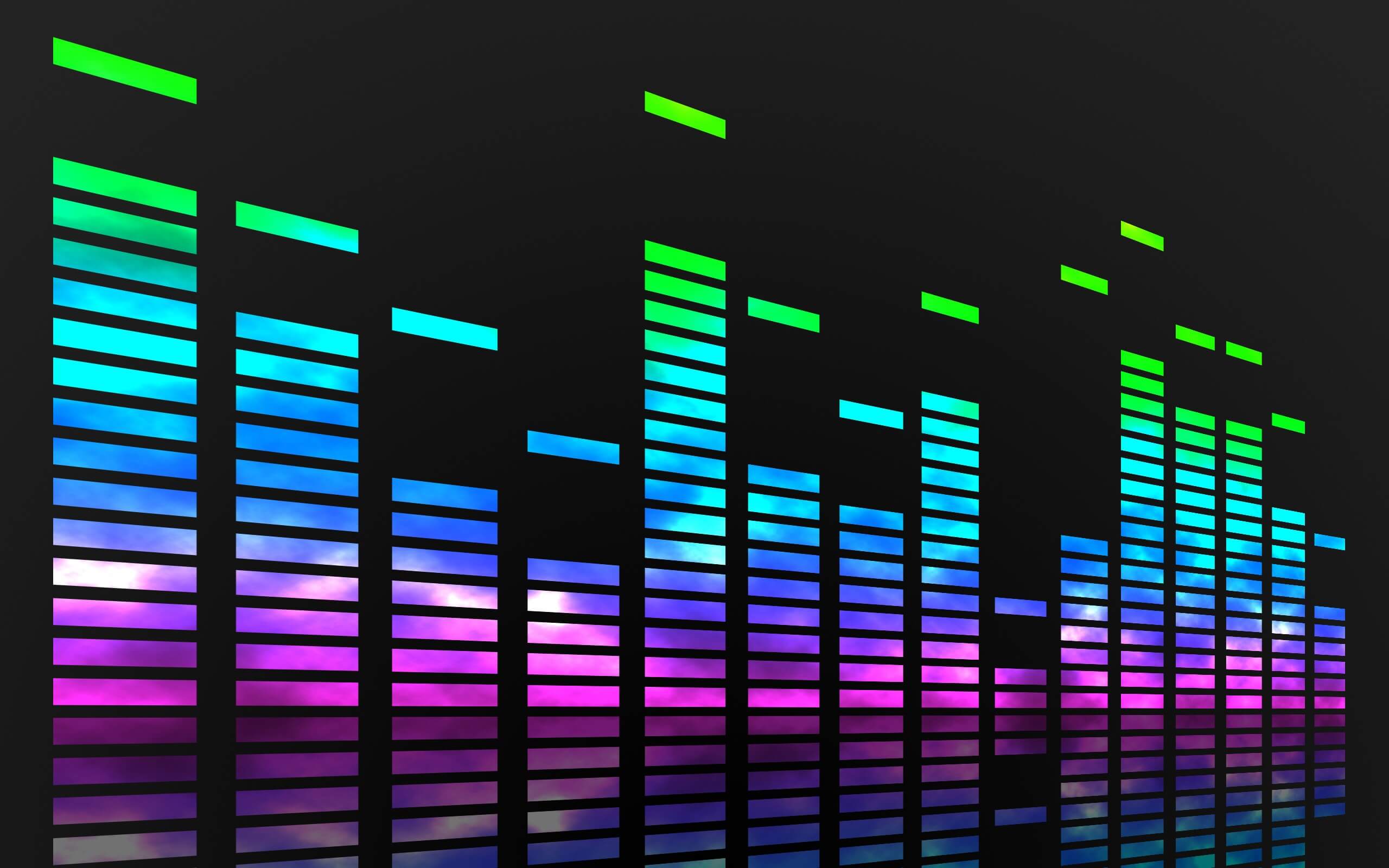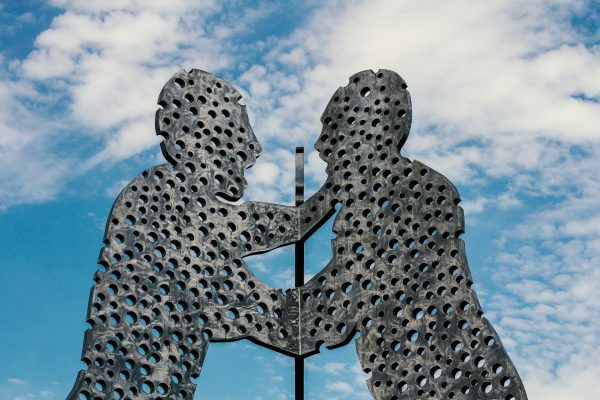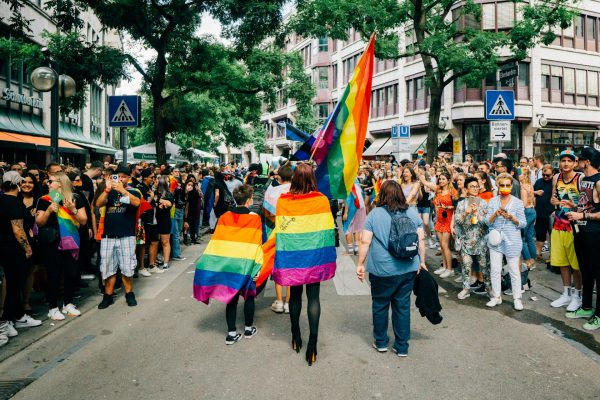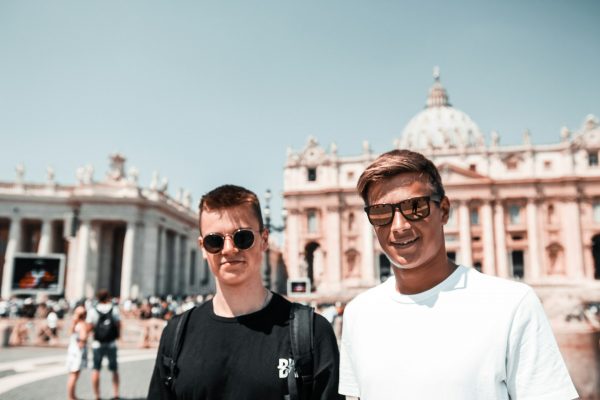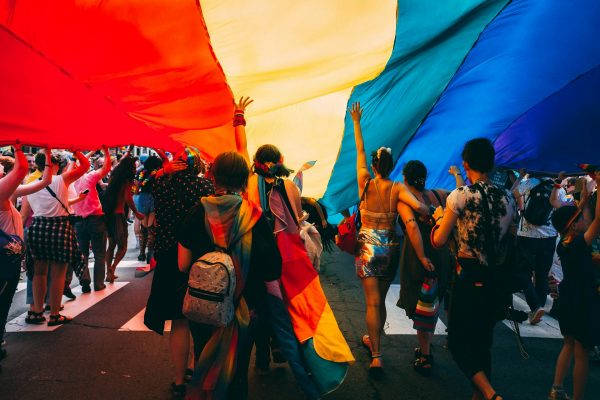I identify as queer, and I have chosen to live in a capital city. A quick Tinder swipe in my home town is enough to remind me of why I made this choice.
Wherever we fit into the acronym that gives this publication its name, there simply aren’t going to be that many of us. So we travel, we congregate in cities, and we make sure that we don’t have to cover 24 miles to reach our nearest Tinder date, who is called Steve and is ‘masc 4 masc’.
The cities we congregate in becoming islands of queer creativity and their LGBTQIA+ populations grow exponentially. The more of us there are in these cities, the more we flock to them. To find our lovers, our friends, our collaborators, our drag mothers. In fact, according to a Williams Institute survey conducted in 2014 you’re twice as likely to identify as L, G, B or T if you live in a capital city.
That’s why this publication, the world’s newest and almost certainly best monthly queer music publication, which I’m incredibly proud to welcome you to, is international in its outlook. Its also why its unsurprising and perhaps fitting, though I must admit unplanned, that our first release of LGBeaTs features articles from what is arguably the queer music world’s three most significant centers: London, Berlin, and New York City.
Well… actually New Jersey, but then what’s the difference? That’s the question Austin Greatz addresses in his article on the New Jersey queer scene. When a music scene exists next to a great big queer magnet like NYC, how much of an identity can or should it retain? New Jersey, Austin argues, deserves more recognition as a center of queer music than it is usually accorded.
What is most notable about the three articles contained here is that they each clearly, though again unintentionally, reflect the unique characteristics of the city that shaped them. While Austin’s article references many artists who are queering hip hop and the masculine bravura that goes with it, in Berlin Ezra Green delivers an incredibly intimate portrait of a single artist. His interview with singer-songwriter Mikey Woodbridge is high-concept and almost erotically personal. In short, it’s exactly what Berlin does best.
And what does London, my adopted home town, do best? Well according to Roisin Dunnett, it’s camp, or more specifically what she calls New Camp: The trashy, DIY, throw-some-glitter-on-it-and-call-it-fabulous aesthetic that has every club in London playing 90s pop, offering ‘Glitter My Shitter’ dress up areas, and purposefully cultivating naivety. Featuring interview questions with Amy Redmond, founder of Sink the Pink, Roisin argues that this new brand of camp finds, in its very superficiality, a profound political message.
Is there life beyond the city? I certainly hope so. If you are a beacon of it, move to the nearest town with wifi and get in touch. I’d love to feature your thoughts on the queer music scene in your area.


